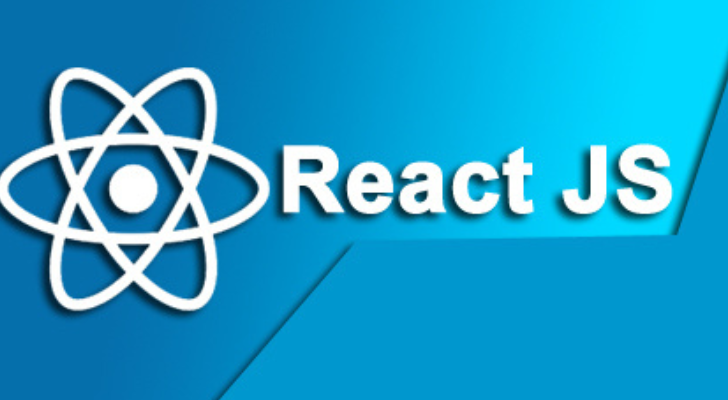React JS Training

React.js Training: Front-End Development
React.js, developed and maintained by Facebook, is a popular JavaScript library for building user interfaces. React.js Training programs empower developers to harness the full potential of React.js, enabling them to create interactive, modular, and efficient web applications. Let's delve into the key components covered in React.js Training and the advantages of mastering this cutting-edge technology.
1. Introduction to React.js:
React.js is renowned for its declarative syntax, component-based architecture, and efficient rendering. React.js Training typically commences with an introduction to:
-
Virtual DOM: Understanding how React.js uses a virtual representation of the DOM to optimize rendering performance.
-
Components: Grasping the concept of reusable and modular components, the building blocks of React applications.
-
JSX (JavaScript XML): Exploring JSX, a syntax extension that allows mixing HTML with JavaScript in React code.
2. Components and Props:
React.js revolves around the creation and composition of components. Training programs cover:
-
Functional Components: Creating components using functions.
-
Class Components: Utilizing class components for more complex state management and lifecycle methods.
-
Props: Passing data from parent to child components using props.
3. State Management:
Understanding how to manage and update the state is crucial in React.js. Training covers:
-
Stateful Components: Implementing components that maintain and manage their own state.
-
setState(): Using the
setState()method to update component state and trigger re-rendering.
4. Lifecycle Methods:
React components have a lifecycle that includes various phases such as mounting, updating, and unmounting. React.js Training explores:
-
componentDidMount(): Executing code after a component has been rendered for the first time.
-
componentDidUpdate(): Handling updates after a component's state or props change.
-
componentWillUnmount(): Performing cleanup tasks before a component is removed from the DOM.
5. Handling Events:
Training programs cover the process of handling user interactions and events in React.js:
-
Event Handling in JSX: Using JSX to attach event handlers to elements.
-
SyntheticEvent: Understanding React's SyntheticEvent system for handling events efficiently.
6. React Router:
For creating single-page applications (SPAs) with multiple views, React Router is an essential tool. Training programs delve into:
-
Route Configuration: Defining routes and associating them with specific components.
-
Navigation: Navigating between views while maintaining a single-page application structure.
7. State Management with Redux:
React.js Training may include an introduction to Redux, a predictable state container for managing the state of larger applications:
-
Actions and Reducers: Defining actions and reducers to manage the state in a centralized store.
-
Connect(): Connecting React components to the Redux store for seamless state management.
8. Hooks:
Introduced in React 16.8, hooks allow functional components to use state and lifecycle features. Training covers essential hooks like useState, useEffect, and useContext.
9. Building React Applications:
Training programs often include practical exercises where participants:
-
Build Real-world Applications: Apply React.js concepts to develop complete web applications.
-
Integration with APIs: Learn how to fetch data from APIs and update the UI dynamically.
-
Optimizing Performance: Implement strategies for optimizing React application performance.
Benefits of React.js Training:
-
Efficient Development: React.js simplifies the development process with its component-based architecture, promoting code reusability.
-
Improved Performance: The use of a virtual DOM and efficient rendering mechanisms enhances application performance.
-
Community Support: React.js has a large and active community, providing resources, libraries, and support for developers.
-
Career Opportunities: Mastering React.js opens doors to various job opportunities in front-end development, as React is widely adopted in the industry.
-
Modern Development Practices: React.js introduces modern development practices and patterns, preparing developers for contemporary web development challenges.
🚀 iWebs Technology – Your Partner in Development & Career Growth
We specialize in Custom CRM Development, Portal Solutions, Ecommerce Platforms, and Full Stack Web Applications.
💼 Looking to grow your skills? Join our Industry-Focused Full Stack Development Training and gain real project experience.
- ✔️ Website & App Development Services
- ✔️ PHP, MySQL, JavaScript, Bootstrap 5, AJAX
- ✔️ Live Projects + Resume & Interview Support
- ✔️ For Students, Job Seekers, and Entrepreneurs
📞 Call: 9990107112 – Let's Build Your Project or Career Together!


